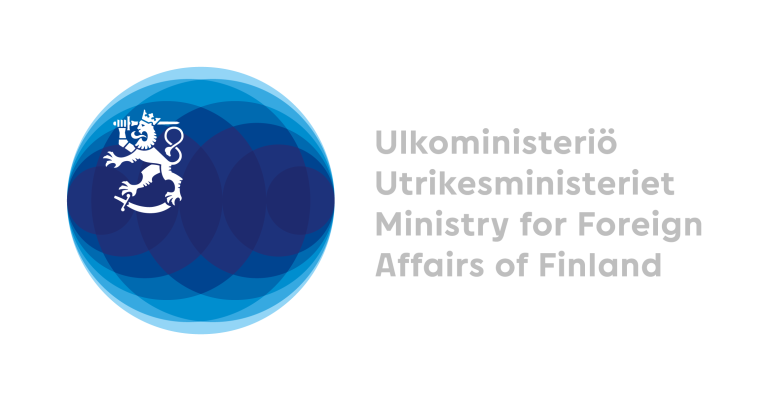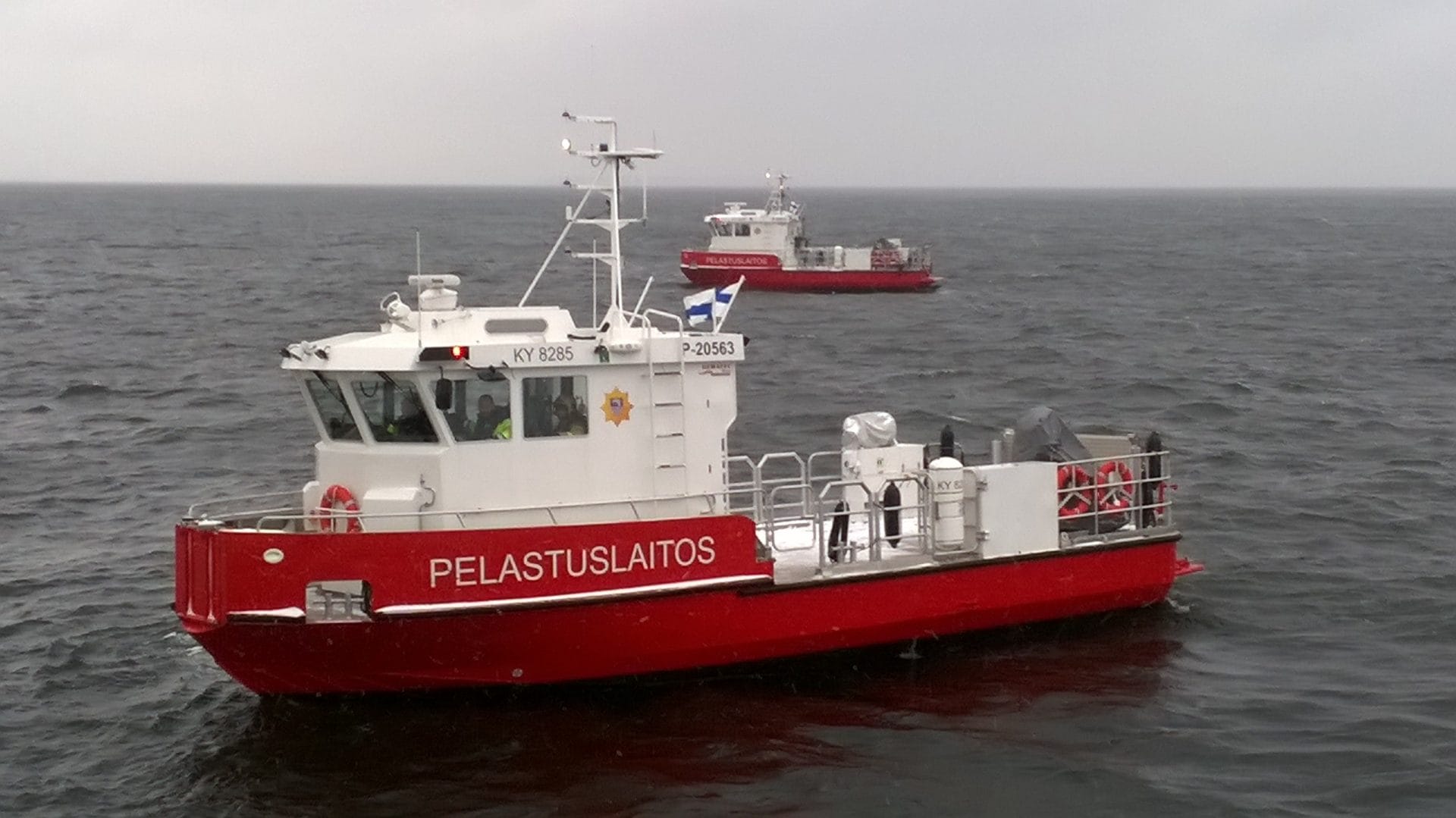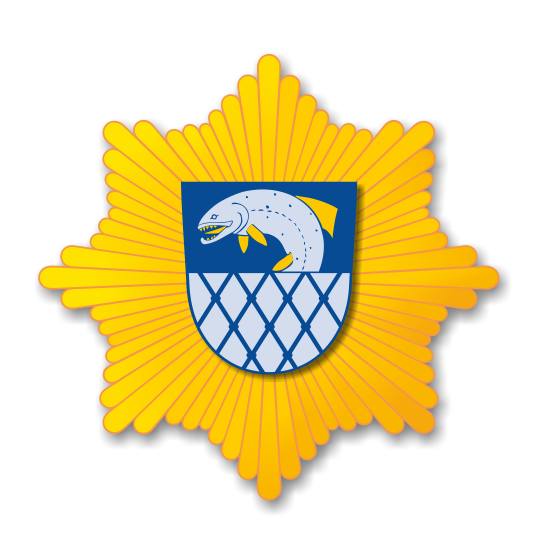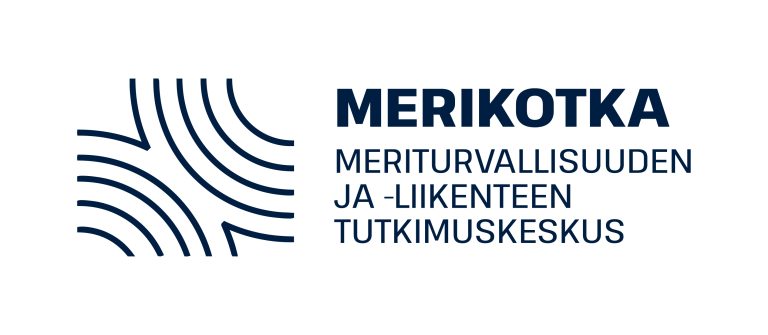

MARISEC
MARISEC – New technologies supporting environmental damage response on Baltic Sea coasts
The project will collect best practices in the Baltic Sea region for oil and chemical spill response, test the effectiveness of response equipment and create an action plan to strengthen performance and training activities. Testing of response and collection equipment will aim to validate current performance and assess future development needs.
Baltic Sea Region cooperation to prepare for oil and chemical spills
Project objective and activities
The project aims to strengthen the resilience of the Baltic Sea region against marine environmental incidents by promoting risk awareness, preparedness and response capacity, and to increase cross-sectoral cooperation and interaction between the Baltic Sea coastal states in the field.
The project will implement the following measures: compiling the results of projects already carried out, testing oil spill response equipment, collecting best practices and assessing current capabilities in responding to environmental incidents. At the same time, all of these will be synthesised and enriched in separate workshops and presented at a joint seminar.
a) Compiling and utilising the results and outputs of previous projects and existing models related to oil and chemical spill risks and their mitigation in the Gulf of Finland and the Baltic Sea coastal areas, and describing the most significant changes that have occurred and are occurring in the risk landscape, including the changing types of spills resulting from the green transition, such as fossil oil substitutes.
b) Testing the capabilities of existing oil spill recovery equipment and the latest oil spill response technologies to support current capabilities for the most likely types of pollution as well as those with the highest probability in the future.
c) To compile best practices and preparedness approaches for environmental emergencies in the Baltic Sea region and explore the potential of new technologies. The compilation will make use of both national and international networks.
d) Assess the existing environmental preparedness and response capacity in the light of the project’s situational awareness assessment.
e) To ensure the effectiveness of the intervention, project workshops and a project seminar will be organised to present the results and outputs of the project and the findings made during the project.
Partnership

Kymenlaakso Rescue Service
Kymenlaakso Rescue Service
Contact persons
Lauri Hanski
Merisade Kuusela
firstname.lastname@kymenhva.fi

Kotka Maritime Research Centre
Kotka Maritime Research Centre
Contact person
Annukka Lehikoinen
firstname.lastname@merikotka.fi
South-Eastern Finland University of Applied Sciences
South-Eastern Finland University of Applied Sciences
Contact person
Justiina Halonen
firstname.lastname@xamk.fi
The project is funded by the Ministry for Foreign Affairs and the responsible ministry is the Ministry of the Interior.





